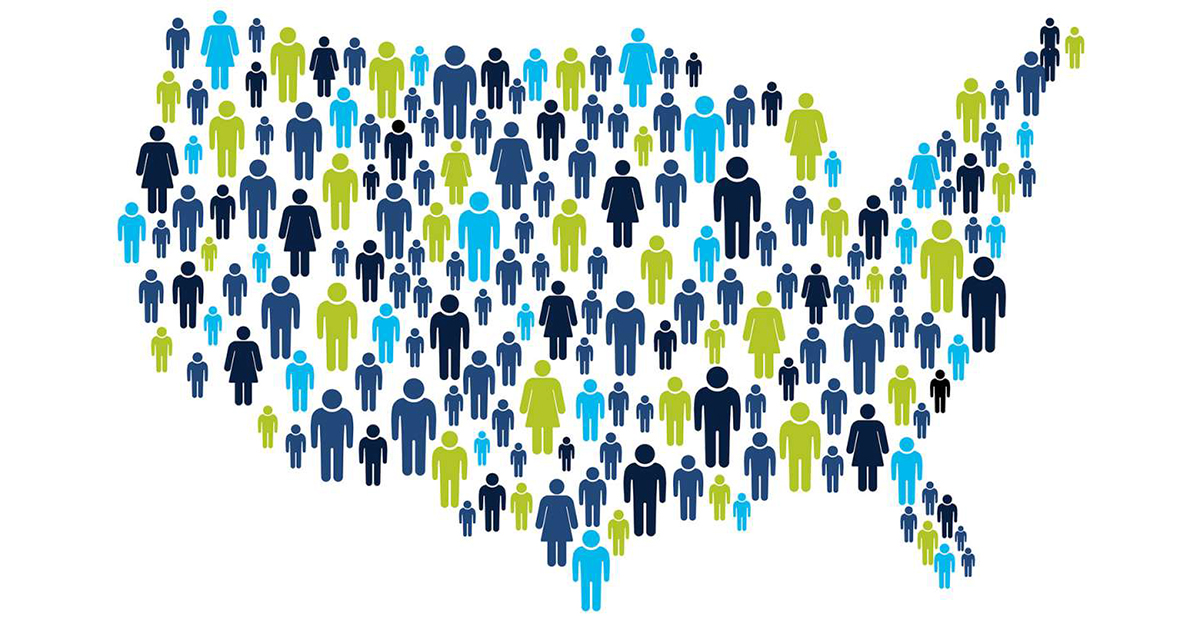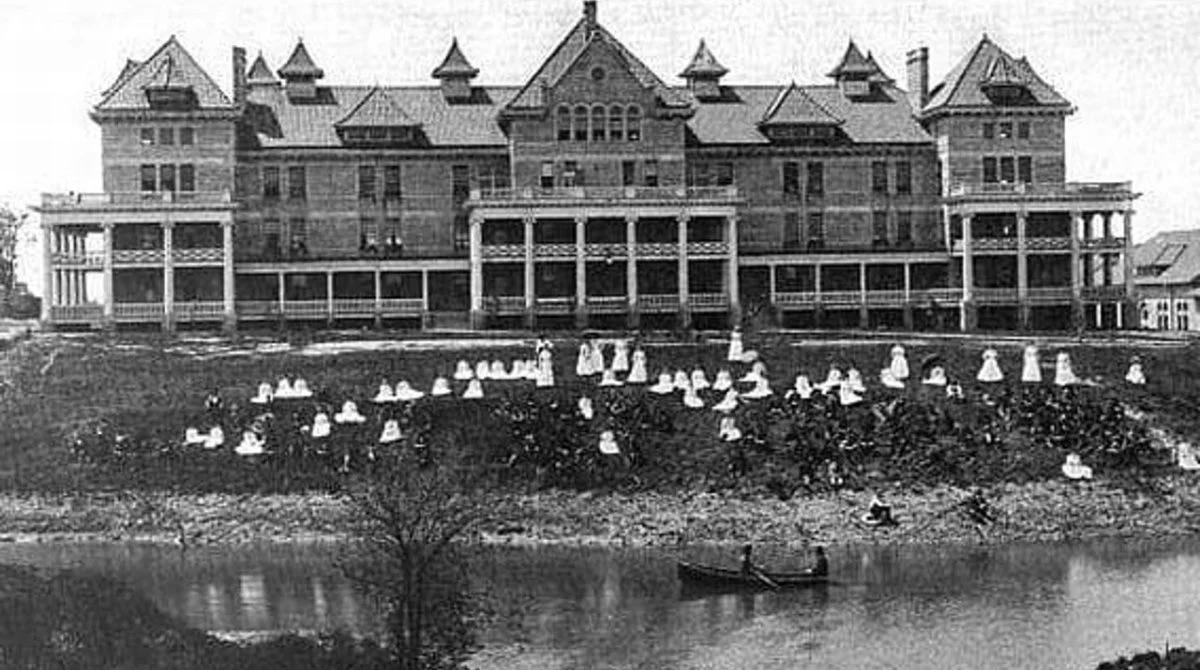A new decade means a new U.S. census—and libraries are doing their part to ensure that everyone gets counted.
The nation depends on a fair, accurate, and inclusive census to make sure billions of dollars in federal resources (from education funding to transportation infrastructure) are allocated appropriately. But counting millions of Americans is no small feat. Libraries are hard at work raising awareness of the census in their communities, especially among historically undercounted populations like immigrants and people experiencing homelessness.
For the first time ever, the 2020 Census will feature an online response option; for the many Americans don’t have an internet connection at home, libraries provide the essential service of free access to computers and Wi-Fi. As information literacy experts, librarians also play a key role in dispelling myths and anxieties about the census and helping people avoid scams.
Across the country, libraries have adopted innovative outreach strategies to ensure no one in their communities is undercounted. Mobile libraries from Baltimore to rural Cullman County, Alabama are bringing laptops and Wi-Fi hotspots to community centers, schools, and churches so that residents can complete their census forms on-the-go. Phoenix Public Library hosted a free picture day where families received a professional photo of their children alongside resources and information about the 2020 Census. Other libraries are hosting employment fairs to help people apply and train for census jobs.
With census results determining everything from congressional district boundaries to up to $1.5 trillion in federal funding, the stakes couldn’t be higher. Getting an accurate count will require communities to work together—and libraries are at the heart of those communities.
If you live in the United States, be sure to fill out your census questionnaire online, by phone, or by mail. For more information about how libraries are involved in the 2020 Census, visit ala.org/census.


